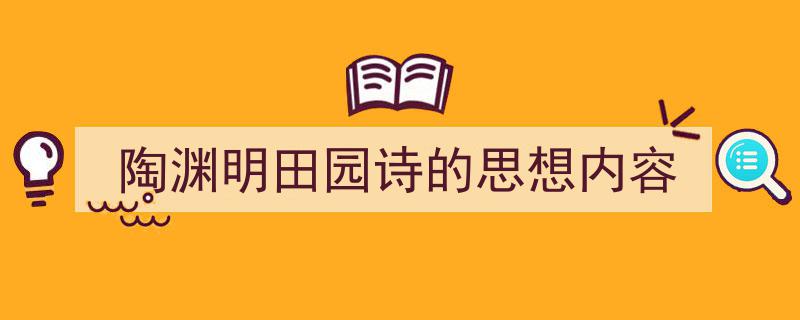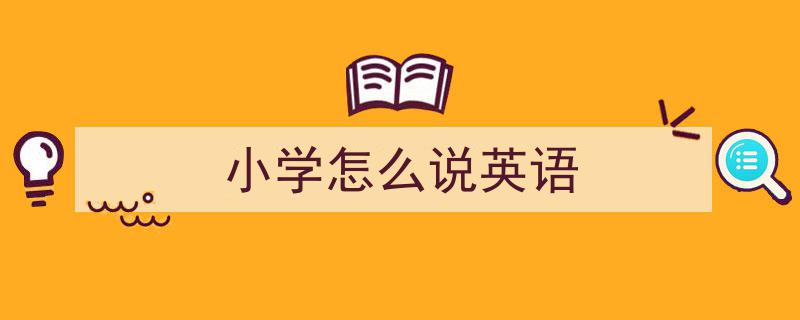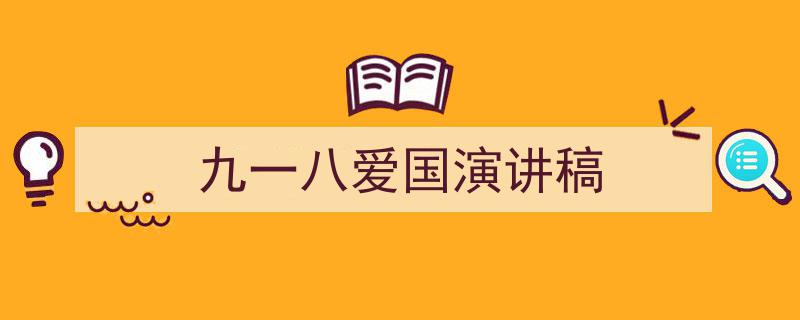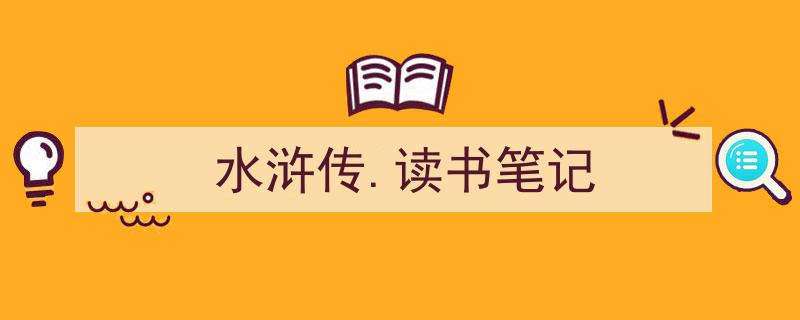欢迎来到58原创网网
手把手教你写《小学英语端午节作文》,(精选5篇)
更新日期:2025-07-21 06:29
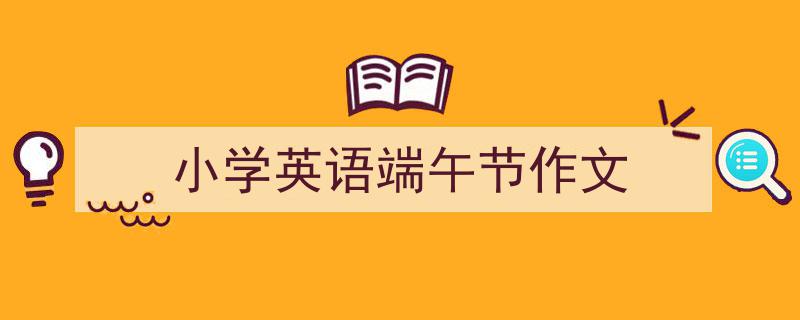
写作核心提示:
写一篇关于小学英语端午节的作文时,以下是一些需要注意的事项:
1. "主题明确":确保作文围绕端午节这个主题展开,描述与端午节相关的习俗、故事或活动。
2. "词汇选择":使用适合小学生水平的英语词汇,避免过于复杂的句型和难以理解的单词。
3. "语法正确":确保句子结构正确,时态和语态使用得当,避免语法错误。
4. "逻辑清晰":作文应该有明确的开头、中间和结尾,段落之间要有逻辑联系。
5. "文化元素":适当融入端午节的传统文化元素,如龙舟赛、吃粽子、挂艾草等。
6. "个人经历":可以加入一些个人的经历或感受,使作文更具真实性和个人色彩。
7. "简洁明了":尽量用简洁的语言表达思想,避免冗长和啰嗦。
8. "鼓励创意":鼓励学生在作文中加入自己的想象和创新,比如描述一个虚构的端午节故事。
以下是一个关于小学英语端午节的作文示例:
---
Title: My Favorite Festival: Dragon Boat Festival
The Dragon Boat Festival is one of the most important traditional festivals in China. It usually falls on the fifth day of the fifth month in the lunar calendar. This year, it was on June 12th.
On this special day, my family and I had a wonderful time celebrating the festival. We woke up early in the morning and prepared a big breakfast. We ate
中考英语作文范文,有关介绍中国传统文化端午节
以下是一篇关于端午节的中考英语双语作文范文:
The Dragon Boat Festival
The Dragon Boat Festival is one of the traditional festivals in China. It has a long history and rich cultural connotations.
On this day, people usually eat zongzi, a kind of delicious food wrapped in bamboo leaves. The making and eating of zongzi commemorate the great patriotic poet Qu Yuan. There are also exciting dragon boat races. Teams of rowers paddle hard in the water, competing with each other. The scene is very lively and exciting.
Besides, people hang mugwort and calamus at the door to drive away evil spirits. Wearing colorful sachets is also a popular custom.
The Dragon Boat Festival not only shows the unique charm of Chinese traditional culture but also reflects the deep love and respect of the Chinese people for their history and culture. It is a festival full of traditions and vitality.
端午节
端午节是中国的传统节日之一,它有着悠久的历史和丰富的文化内涵。
在这一天,人们通常会吃粽子,这是一种用竹叶包裹的美味食物。制作和食用粽子是为了纪念伟大的爱国诗人屈原。此外还有激动人心的龙舟比赛。一队队的划船手在水中奋力划桨,相互竞争。场面非常热闹和令人兴奋。
除此之外,人们会在门口挂艾草和菖蒲来驱邪。佩戴五彩香囊也是一个很受欢迎的习俗。
端午节不仅展现了中国传统文化的独特魅力,也反映了中国人民对自己历史和文化的深深热爱与尊重。它是一个充满传统和活力的节日。
高考英语作文押题预测:介绍传统节日端午节的一封信
假设你是李华,你的美国笔友Maria对中国的传统节日端午节很感兴趣,希望你给她写信介绍端午节。
信中应包括以下几点:1. 端午节是中国重要的传统节日之一;2. 端午节的时间是每年的农历五月初五;3. 人们庆祝端午节是为了纪念中国伟大的诗人屈原;4. 人们在端午节吃粽子、赛龙舟;5. 你自己对中华民族传统节日的认识。
Dear Maria,
I hope this letter finds you well! I'm thrilled to share with you about China’s Dragon Boat Festival, one of our most cherished traditional holidays. Celebrated on the fifth day of the fifth lunar month (this year: May 31st), it honors Qu Yuan, a patriotic poet from ancient China who drowned himself in protest against corruption. People raced boats to save him and threw rice balls into the river to feed the fish—a practice that evolved into today’s dragon boat races and zongzi (sticky rice dumplings wrapped in bamboo leaves).
To me, traditional festivals like this are vital threads weaving our cultural tapestry. They reconnect us to historic rituals like hanging mugwort for protection and to each other, as families gather to cook zongzi and cheer for dragon boat teams. These celebrations aren’t just about customs; they’re living expressions of resilience and unity, passed down for millennia to remind us who we are.
I’d love to hear about your favorite traditions too! Maybe one day you can join me here for the races—the energy is unforgettable.
Warm regards,
Li Hua
译文:
亲爱的玛丽亚:
希望这封信能带给你满满的好心情!我非常高兴能和你分享中国的端午节,这是我们最珍视的传统节日之一。每年农历五月初五(今年是5月31日),我们都会纪念屈原,一位因抗议腐败而投江的爱国诗人。人们划船去救他,并向江中投掷米团喂鱼,这些习俗逐渐演变成了今天的龙舟赛和粽子(用竹叶包裹的糯米团)。
对我而言,这样的传统节日是编织我们文化锦缎的重要丝线。它们让我们重新连接起悬挂艾草以求平安的历史仪式,也让家人们团聚在一起包粽子、为龙舟队加油。这些庆祝活动不仅仅是习俗,更是韧性与团结的生动表达,历经千年传承,提醒着我们是谁。
我也很想听听你最喜欢的传统!也许有一天你能来这里和我一起观看龙舟赛,那种氛围令人难忘。
温暖的问候,
李华
文章说明
本站部分资源搜集整理于互联网或者网友提供,仅供学习与交流使用,如果不小心侵犯到你的权益,请及时联系我们删除该资源。


